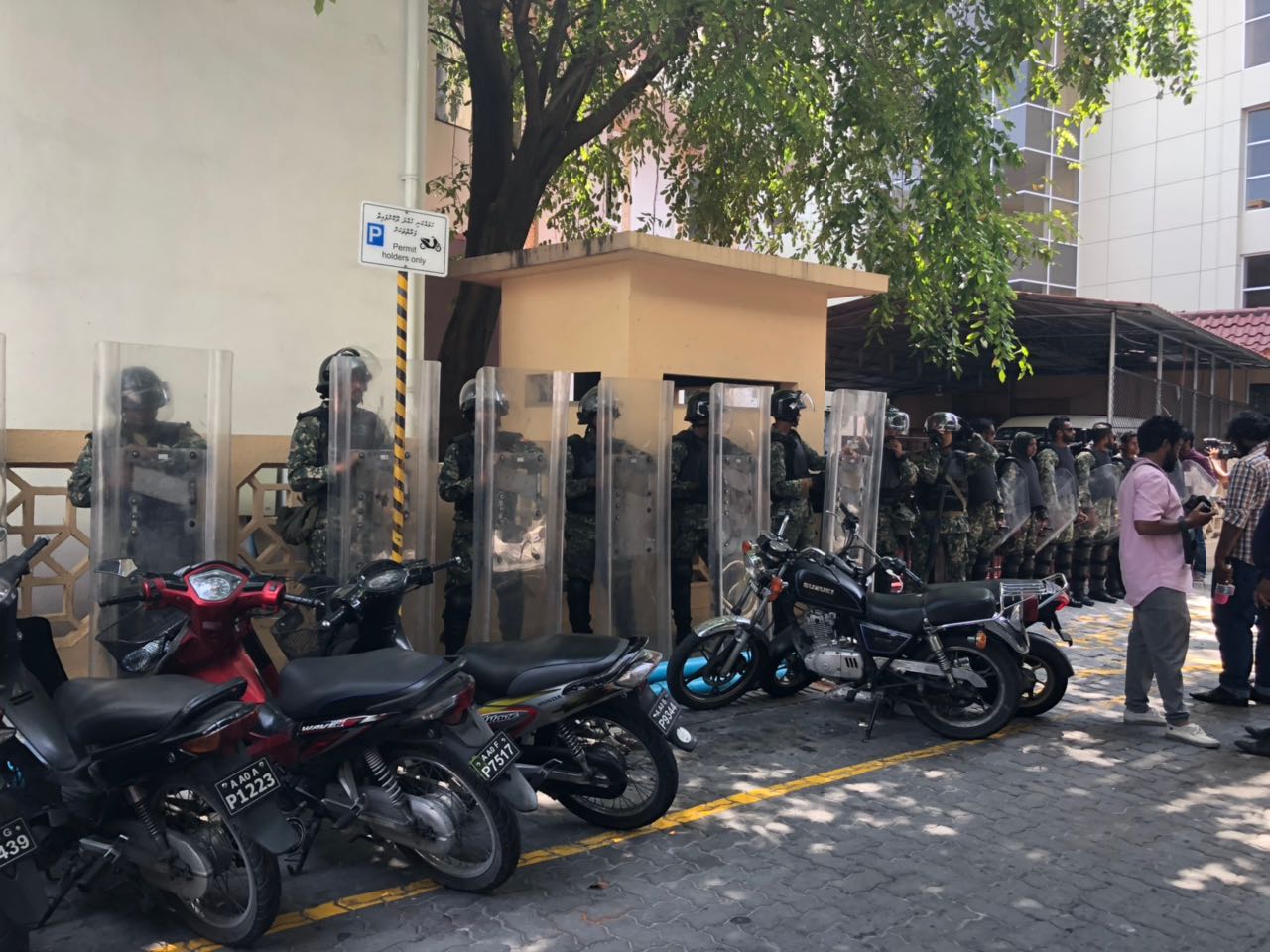Lawmakers set to lose seats – again – after Supreme Court ruling
It is not clear if or when there will be by-elections for the soon-to-be vacated seats.

24 Apr 2018, 09:00
A dozen lawmakers who were controversially stripped of their seats look set to be booted out of parliament for good, after the Supreme Court ruled that a new anti-defection law is not unconstitutional.
The anti-defection law penalises floor crossing and was ratified in March this year.
The MPs will lose their seats as the law retrospectively applies the anti-defection punishment starting from July 13, which was before most of the lawmakers were kicked out of the ruling party.
It is not clear if or when there will be by-elections for the soon-to-be vacated seats.
Become a member
Get full access to our archive and personalise your experience.
Already a member?
Discussion
No comments yet. Be the first to share your thoughts!
No comments yet. Be the first to join the conversation!
Join the Conversation
Sign in to share your thoughts under an alias and take part in the discussion. Independent journalism thrives on open, respectful debate — your voice matters.




